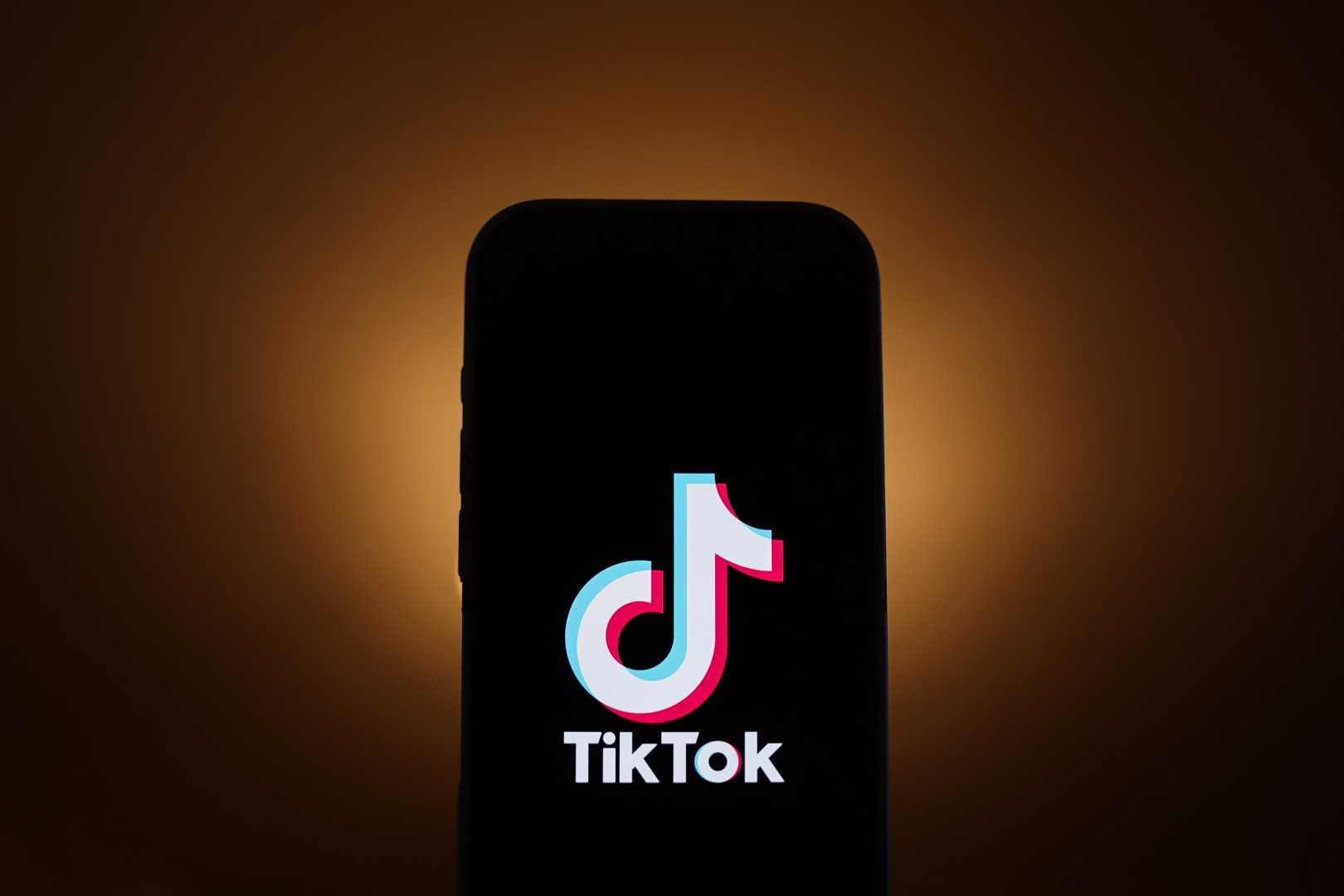Tech
TikTok Faces U.S. Ban as Supreme Court Upholds National Security Law

WASHINGTON — TikTok, the popular social media platform with 170 million American users, is set to go dark on Jan. 19 after the Supreme Court upheld a law requiring its Chinese parent company, ByteDance, to sell the app or face a ban in the United States. The decision, announced Friday, follows months of legal battles and national security concerns over China’s involvement with the platform.
In April, President Joe Biden signed legislation mandating that TikTok be sold to a U.S.-based company or risk being shut down. The law stems from fears that the Chinese government could access sensitive user data or use the app to influence American public opinion. TikTok has repeatedly denied these allegations, arguing that a ban would violate First Amendment rights.
On Friday, TikTok issued a statement warning that the app “will be forced to go dark” unless the Biden administration provides clearer assurances to its service providers. Noel Francisco, an attorney for TikTok, emphasized that shutting down the app would be a last resort. However, the White House responded by stating that implementation of the law should be left to President-elect Donald Trump, who takes office on Monday.
The Supreme Court’s ruling rejected TikTok’s free speech argument, stating that the law’s purpose is “decidedly content agnostic.” Attorney General Merrick Garland praised the decision, calling it a necessary step to prevent China from “weaponizing TikTok to undermine America’s national security.” Deputy Attorney General Lisa Monaco added that the ruling is focused on protecting Americans, not restricting free speech.
As the ban looms, TikTok creators are urging their followers to migrate to other platforms like Instagram and YouTube. Instagram head Adam Mosseri announced Saturday that the app would now allow Reels up to three minutes long, a move seen as an attempt to attract TikTok users. YouTube also expanded its Shorts feature to three minutes in October, citing creator demand.
Meanwhile, TikTok has been promoting Lemon8, a ByteDance-owned app that allows users to upload photos and videos. However, concerns remain about Chinese-owned alternatives, such as , which is operated by Shanghai-based Xingyin Information Technology.
The final decision on TikTok’s fate now rests with the incoming Trump administration. Despite previously attempting to ban the app during his first term, Trump has since softened his stance. In a June 2024 campaign video, he expressed support for TikTok, saying, “We want to keep TikTok alive.” On Friday, he issued a vague statement on Truth Social, urging respect for the Supreme Court’s decision.
TikTok CEO Shou Chew is scheduled to meet with Trump and other tech executives on Monday. In a statement, Chew thanked Trump for his commitment to finding a solution that keeps TikTok available in the U.S. While ByteDance has repeatedly stated it does not plan to sell TikTok, several high-profile figures, including Elon Musk and former Treasury Secretary Steve Mnuchin, have expressed interest in acquiring the platform.
As the clock ticks down, TikTok’s future remains uncertain, leaving millions of users and creators in limbo.












